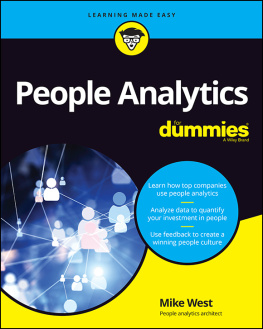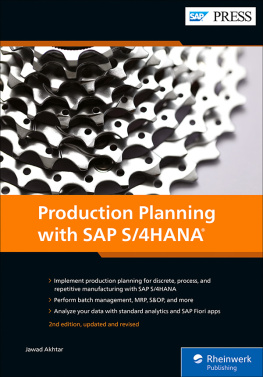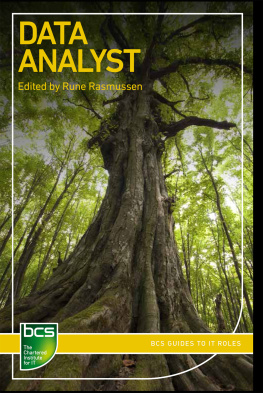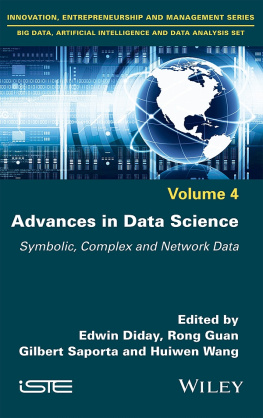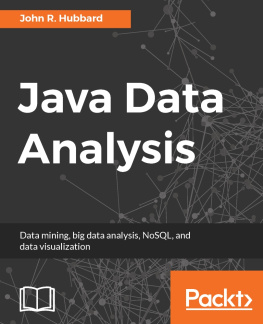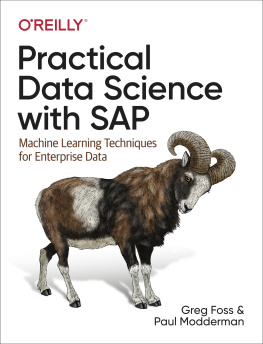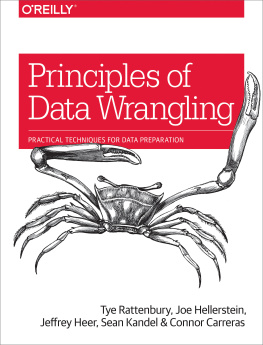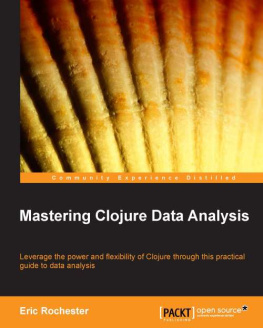ADVANCE PRAISE
This is a gorgeous book. It is a pleasure to readscholarly, accessible and beautifully written. Every neophyte researcher should read this book as well as every experienced qualitative researcher, for the clarity with which the multiple, intersecting and entangled concepts and practices that affect qualitative research today are laid out, and then put to work. This book takes research methods beyond prescriptive, pre-conceived ideas about how data should be collected and analysed, embracing method as open-ended experimentation. Data, concepts and method are fluid, and in motion, concepts and life coincide, and ethics is emergent in the relationality of the research encounters. Here, researcher and participants encounter each other, affecting each other and being affected, working together on the task of making sense of the machinic assemblages, and the complex and surprising lines of force, through which lives are generated.
Bronwyn Davies, Emeritus Professor
Western Sydney University, Australia
Exploring Data Production in Motion is a deftly written, deeply theorized exemplar of feminist poststructuralist inquiry. For qualitative researchers with even a little curiosity about inquiry in and with post-perspectives, Teija Rantalas book is a must read. It is the mother of all mentor texts, first brilliantly and accessibly laying the (fluid) theoretical foundation for an inquiry in motion and then demonstrating it with her remarkable dissertation study of conservative religious women in Finland. It is a powerful teaching tool on how to think through and embrace fluid methodology inspired by poststructural theory while remaining committed to the anti-oppressive aims of critical social inquiry.
Dr. Jennifer R. Wolgemuth
University of South Florida, US
Exploring Data Production in Motion makes a significant and timely contribution to the field of qualitative research. As a bold and innovative book, it is an energizing delight to read. This book eloquently argues for fluid feminist poststructuralist methodologies in qualitative research by creating experimental and innovative approaches to collecting and analyzing data. Fluid methodologies enable examining shifting processes, movements, intensities and affects by acknowledging the multiplicity of changing elements of inquiry. Rantalas book fabricates fresh and novel ways of doing qualitative research where disturbances and irruptions are welcomed as possibilities in order to pave the way for transformation in the affirmative ethics of inquiry. This fascinating book is warmly recommended to anyone interested in ethics and politics of qualitative research methodologies.
Dr. Taru Leppnen, Senior Lecturer of Gender Studies
University of Turku, Finland
Exploring Data Production in Motion: Fluidity and Feminist Poststructuralism is a very special book. Fluidity in methodology beautifully weaves together critical social inquiry with poststructuralist feminist thinking. The result is a stunning piece of work which is carefully and ethically teasing out the fluidity of methodology in social research and working with the notion of multiple in qualitative inquiry. This is a highly original piece, and an important publication, that merges current research thinking with the flow and performances of becoming. The section future possibilities and challenges of fluid methodologies in critical social research demonstrates how this book acts as a tour-de-force of cutting edge critical qualitative thinking, that creates new possibilities and the potential for re-conceptualising the limits and boundaries of critical social research methodology.
Dr. Marek Tesar, University of Auckland, New Zealand
This book sensitively weaves together feminist post-structuralist theory, methods and analysis employing Deleuze and Guattaris schizoanalytic cartographies to reveal the situated but also fluid nature of social qualitative inquiry. Experimenting with fluid approaches to methodology including collective open-ended methods of memory work and collaborative writing, Teija traces processes of the Conservative Laestadian women in Finland as they explore identities as women and mothers. Her experimentation draws on concepts such as lines, desiring machines and difference to make explicit the constant variation in the womens lines while they traverse conservative and religious politics of female identity, womanhood and motherhood and to show how subjectivities are produced within and through these wider social and material constellations. Through motion in inquiry sometimes seemingly contradictory identities become possible and complementary. A thought-provoking feminist contribution reconfiguring how discourse matters, becomes materialised, in womens lives while raising questions on the ethics and boundaries of differences.
Dr. Nikki Fairchild, University of Chichester, U.K.
In this book, Rantala skillfully draws on a range of feminist poststructural, feminist post-colonial, new materialist, and posthuman thinkers and concepts to both map a theoretically-driven methodology and, through a detailed exploration of a study on processes of subjectivity formation, illustrate how this methodology might work. Rantalas methodology is an affirmative experiment of movement and flux, multiplicity, relationality, and creative difference that produces situated knowledges simultaneously part of, and accountable to, the researcher. This methodology is an enactment of a process ontology, both in terms of its espousal of a logic of becoming, in the Deleuzian sense, as well as its shift in focus from subjects to processes of inquiry. Theoretically creative with accessible explanations, Rantalas work offers a methodology well-suited to multifaceted analyses that can help us produce new ways of thinking in our increasingly complex historical moment.
Dr. Kathryn Strom, Ph.D, Assistant Professor of Educational Leadership
California State University, East Bay, US
For Emmi, Amanda, Oona, and PasiEXPLORING QUALITATIVE INQUIRY SERIES
Gaile S. Cannella, Editor
Exploring Qualitative Inquiry is a subseries within The Qualitative Inquiry: Critical Ethics, Justice, and Activism series. The broader critical series is a collection designed to provide a cross-disciplinary overview of the use of qualitative research as an avenue for justice and critical transformative activism/action socially, environmentally, and related to more-than-human/human entanglements. This type of work often engages philosophically with emergent, and often marginalized, approaches. The subseries is a set of shorter volumes, each designed to introduce a philosophical frame, component, and/or methodology put forward by a particular critical research scholar. Upon introducing the basic perspective and frame, each volume also provides an example research study to illustrate the particular view.
Exploring Data Production in Motion by Teija Rantala (2020)
Exploring Deleuzes Philosophy of Difference by David Bright (2020)
Conducting Critical Autoethnography by Donald R. Collins (2021)
Gaile S. Cannella (EdD, University of Georgia) is an independent scholar who has served as a tenured full professor at Texas A&M UniversityCollege Station and at Arizona State UniversityTempe, as well as the Velma Schmidt Endowed Chair of Education at the University of North Texas. The editor of the Qualitative Inquiry: Critical Ethics, Justice, and Activism series is interested in reviewing manuscripts and proposals for possible publication in the series. Scholars who wish to be considered should email their proposals, along with two sample chapters and current CVs, to the editor. For instructions and advice on preparing a prospectus, please refer to the Myers Education Press website at http://myersedpress.com/sites/stylus/MEP/Docs/Prospectus%20Guidelines%20MEP.pdf. You can send your material to:



